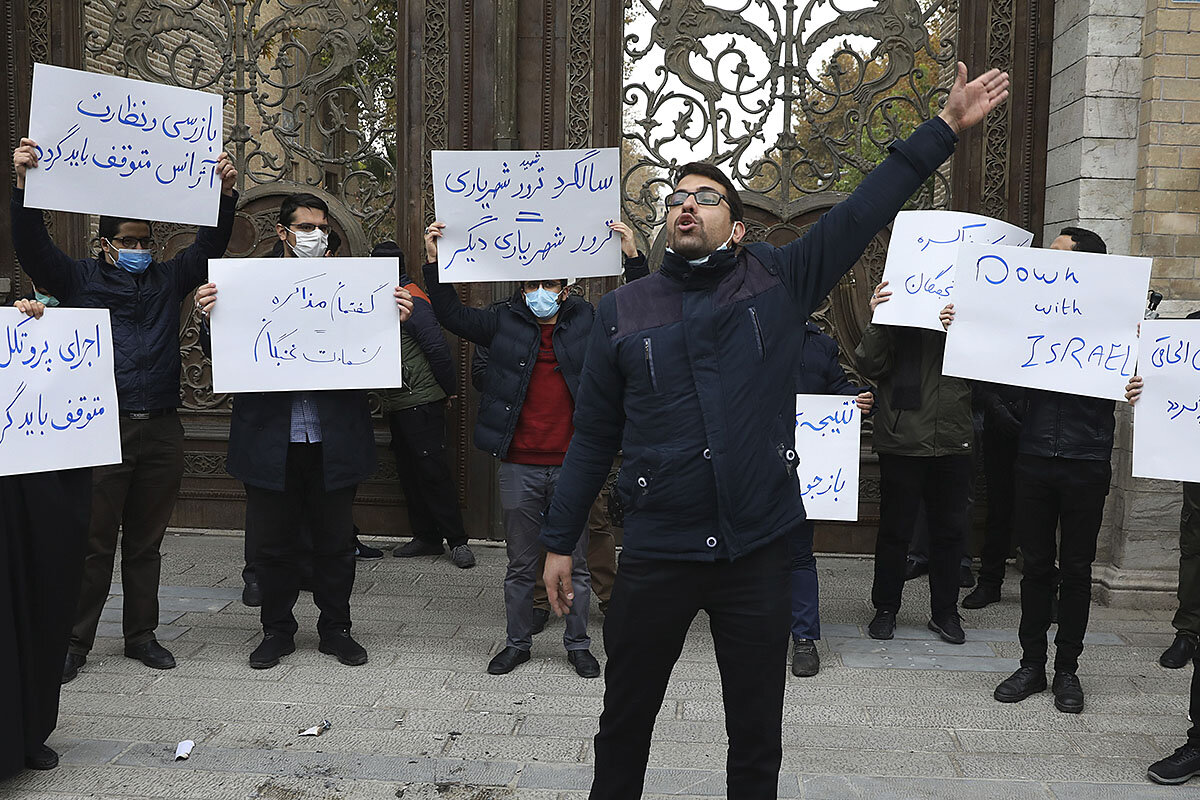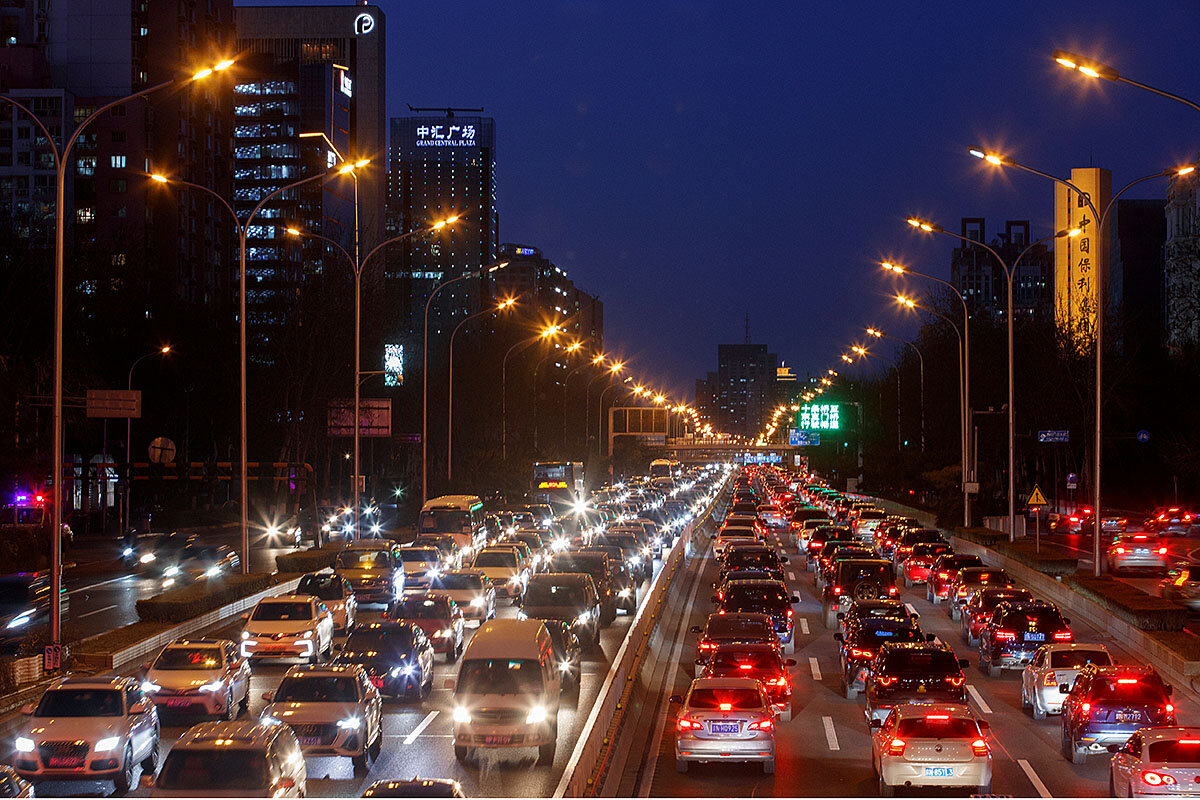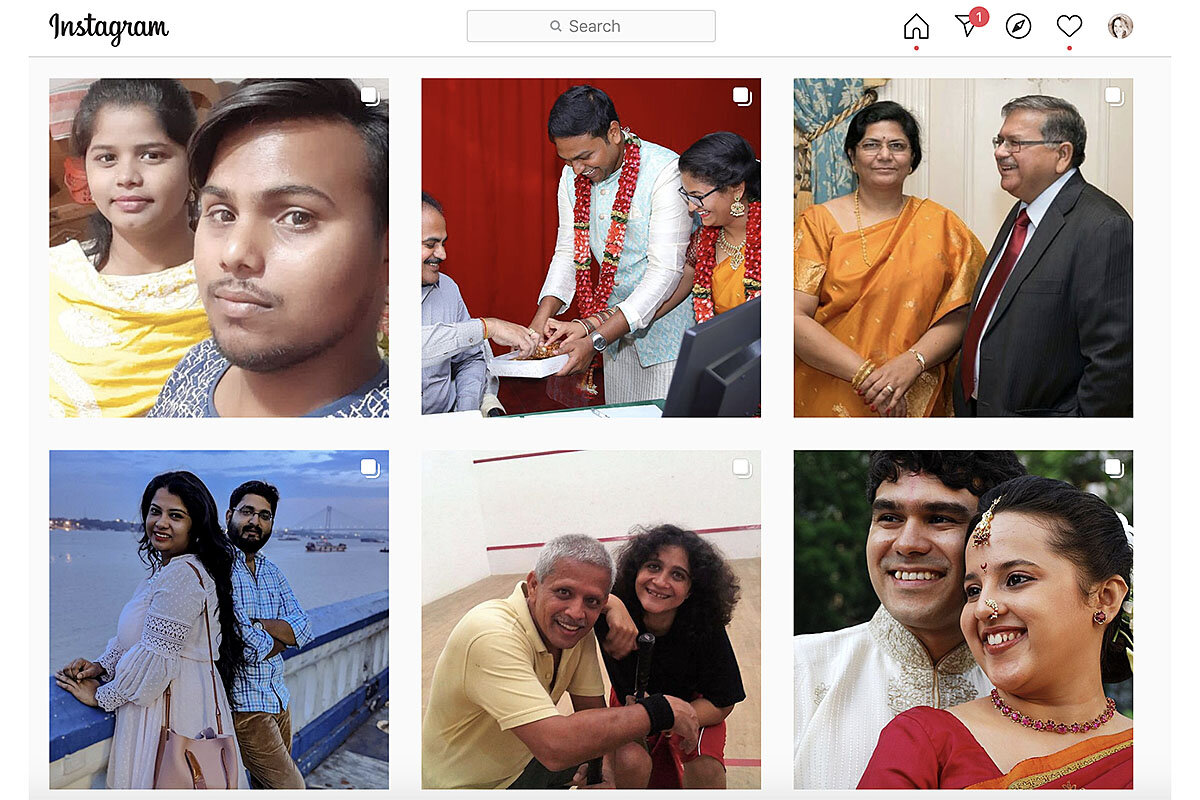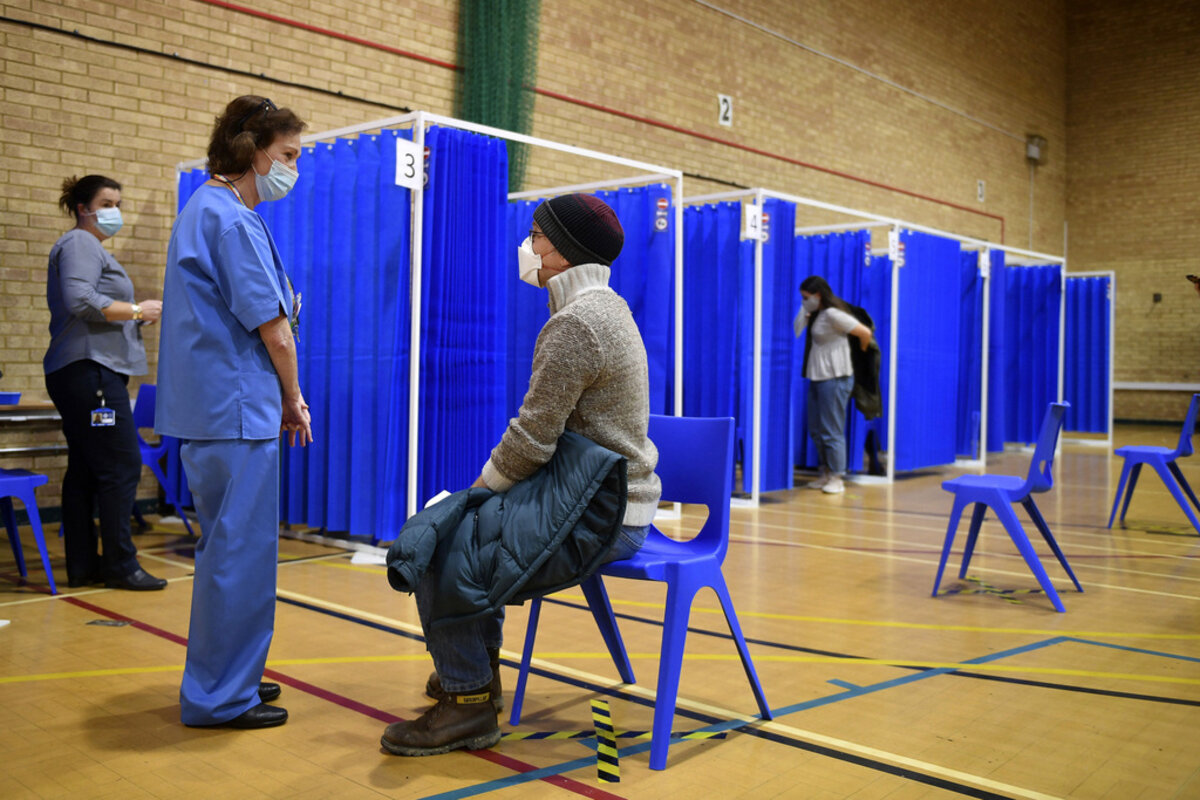A high-powered campaign aimed at undermining the prospects for U.S.-Iran diplomacy may do little more than complicate President-elect Biden’s path.
Monitor Daily Podcast
- Follow us:
- Apple Podcasts
- Spotify
- RSS Feed
- Download
 Mark Trumbull
Mark Trumbull
There’s going the extra mile for someone. And then there’s Gary Bath.
The Canadian Army Ranger’s recent act of kindness took him more than 1,000 miles out of his way. The story, which crossed my desktop this morning, blends far-north toughness with the kind of “Canadian nice” that we all might draw on as an example.
The odyssey begins with Lynn Marchessault, an American who needed to move her family and belongings from Georgia to where her husband is stationed as a U.S. Army staff sergeant in Alaska.
With her schedule disrupted by the pandemic, having a rugged pickup truck wasn’t enough for the onset of winter. At least not for someone unaccustomed to driving in snow – with two kids, two dogs, a cat, and a trailer in tow.
From losing traction to losing her way, the obstacles finally felt insurmountable. Yet, when Ms. Marchessault was at the point of breaking down emotionally, residents of a remote patch of British Columbia rallied around her. They helped her get better tires and a place to rest.
And when Mr. Bath learned on Facebook about the need, he decided he could offer something more: driving her the rest of the way.
“I am forever grateful to have met all of these kind strangers who helped us,” Ms. Marchessault wrote in an online post. Especially Mr. Bath. “We got along like old friends.”










